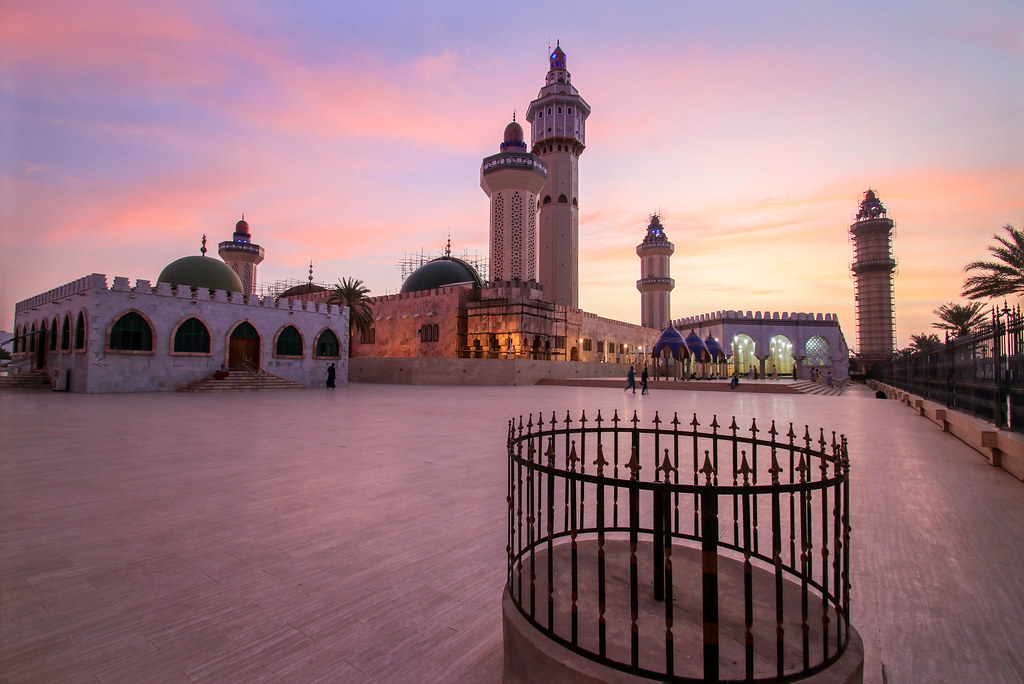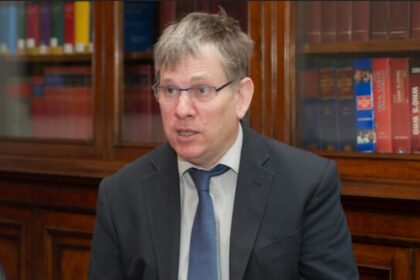By Paul Ejime
Senegal prides itself as a country of “Teranga,” or friendly people. Until its recent political tensions and uncertainty over the rescheduling of the presidential election from 25 February to 24 March 2024, and President Macky Sall’s later jettisoned third-term plan, the country held hope as the anchor of political stability and democracy in the politically restive West Africa.
Senegal and Cabo Verde are also the only countries in the 15-nation ECOWAS region that have not experienced a military coup. West Africa has earned itself the dubious sobriquet of the “coup belt or coup zone” with almost a dozen from 2020 and four ECOWAS member States under military dictatorships.
Even so, religious tolerance remains very much evident among Senegal’s estimated 18 million people, and it is one of the few Muslim-dominated nations, that observe more Christian religious holidays than the Vatican.
Similarly, the former French colony that gained independence in 1960 under the leadership of renowned poet and African Socialist President Sedar Senghor, leads other ECOWAS member States in gender inclusion. Although civil society organizations do want the country to do more in terms of gender parity.
Senegal is also the only country where beggars are reported to have gone on strike after health authorities attempted to clear them from the city streets, the topic of Aminata Sow Fall’s work, Beggars’ Strike.
With Muslims accounting for about 95% of the population, Senegal is home to Touba, in the centre of the country, and arguably the most popular Islamic pilgrimage destination in Africa.
Some 94 kilometers from Dakar, the nation’s capital, Touba was established in the 20th Century by Sheik Ahmadou Bamba, a highly revered founder of Senegal’s Mourid Islamic sect.
The city has grown rapidly around the tomb of its locally revered founder to become the spiritual centre of Senegal.
With an estimated population of more than 530,000, Touba, boasts one of the largest and most beautiful Mosques in West Africa and hosts one of the largest annual pilgrimage festivals on the African continent.
Administratively, Touba is under Mbacke Administrative Department in the Diourbel region.
It has its unique governance system based on strict Islamic rules and regulations, including the religious police, and dress codes for men and women.
In Touba, women are required to be in their veils, no short skirts or trousers, while men are also required to be properly dressed, no sagging trousers or body-revealing clothes.
Women activist groups and advocates of liberal Western democracy might have issues with Touba’s strict administrative rules, but there are no indications that these would change soon.
The Grand Mosque of Dakar is the largest in Senegal. However, the Great Mosque of Touba, which was completed in 1963, with distinctive features such as the minaret and multiple blue and green domes, continues to dominate the City’s skyline. It is open to everyone but with some restrictions on non-Muslims at certain times.
![]()








